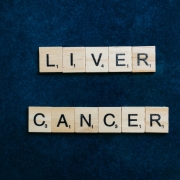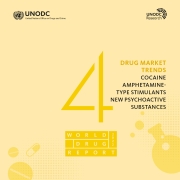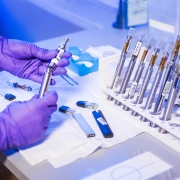Automating Detection of Drug-Related Harms on Social Media: Machine Learning Framework
A hallmark of unregulated drug markets is their unpredictability and constant evolution with newly introduced substances. People who use drugs and the public health workforce are often unaware of the appearance of new drugs on the unregulated market and their type, safe dosage, and potential adverse effects. This increases risks to people who use drugs, including the risk of unknown consumption and unintentional drug poisoning. Early warning systems (EWSs) can help monitor the landscape of emerging drugs in a given community by collecting and tracking up-to-date information and determining trends. However, there are currently few ways to systematically monitor the appearance and harms of new drugs on the unregulated market in Canada. Read more









